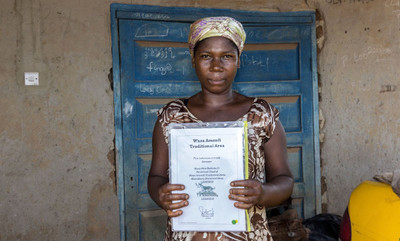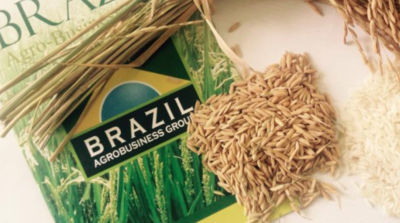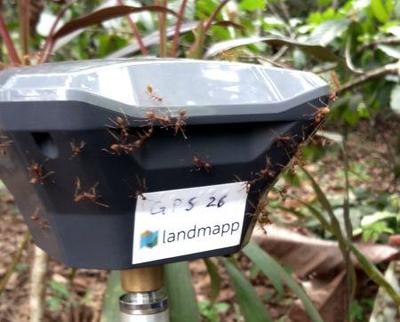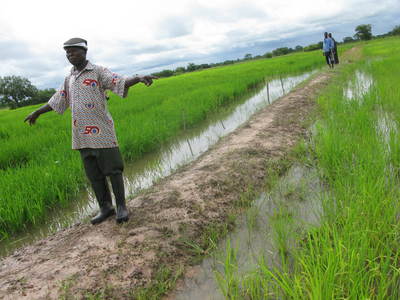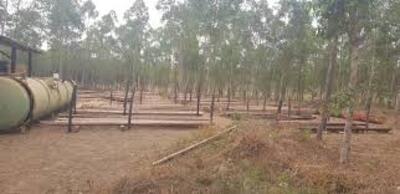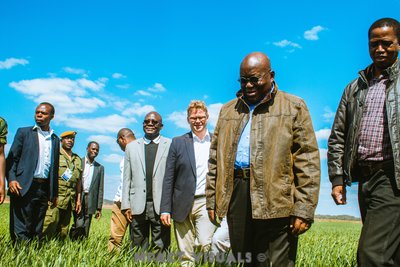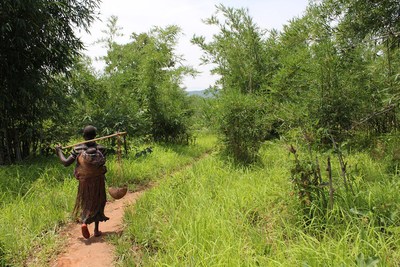Komenda Sugar Factory remains shut two years after inauguration
- Daily Graphic
- 09 Mar 2018
The scheme financed by India's Exim Bank was to see the cultivation of some 14,100 acres of sugar cane but delays in the release of funds for the growing of the sugar cane has turned the plant into a white elephant.








